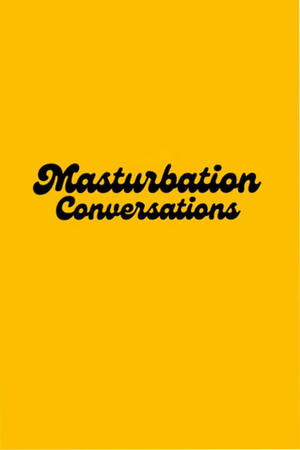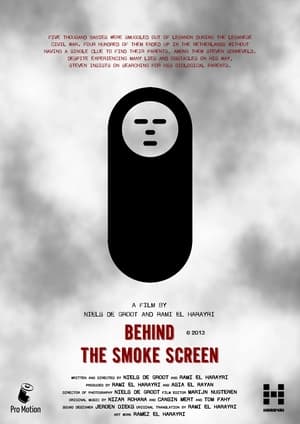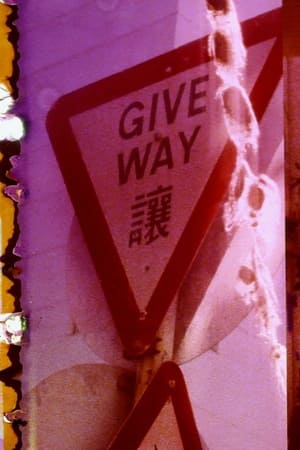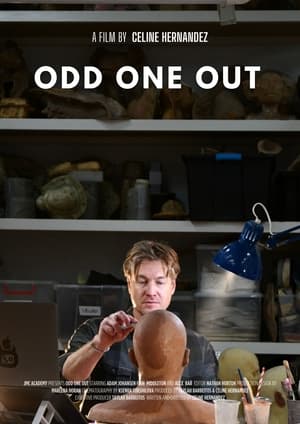Who Are We? (2016) – Expert Review | Official Watch Links
Used for reference and discovery. All rights belong to their respective owners.
The trailer above is owned by its respective creators and production companies.
This embed is provided solely for informational and reference purposes.
We do not host or distribute copyrighted material.
Who Are We? (2016) Synopsis, Cast, Reviews & Watch Links
Movie Stats
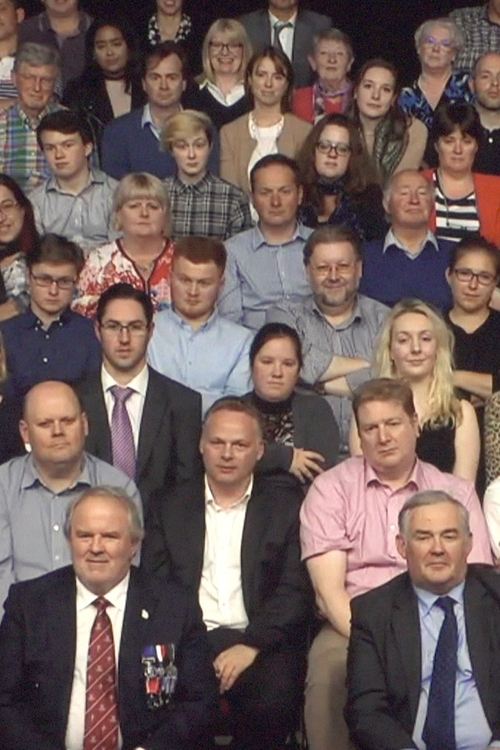
Who Are We?
- Release Date: 2016-01-01
- Genres: Documentary
- Rating: 0 (0 votes)
- Runtime: 5 min
-
Subtitles:
English, Dutch
Review & Score: Who Are We?
StreamValid Editorial Review
On the 23rd of June 2016 Britain voted to leave the European Union. Who Are We? is a re-working of material from a BBC television debate transmitted a few weeks earlier.”The most provocative of the bunch is John Smith’s Who Are We? (Auto Summary)
✅ Pros — 2
- Positive audience reception.
- Good production quality.
✖ Cons — 1
- —
- Neutral point not specified.
- Detailed critic review not available yet.
Synopsis
On the 23rd of June 2016 Britain voted to leave the European Union. Who Are We? is a re-working of material from a BBC television debate transmitted a few weeks earlier.”The most provocative of the bunch is John Smith’s Who Are We?. Leading up to the Brexit vote, BBC’s Question Time became ever more vicious and confrontational. Who Are We? is a manipulation of one of those broadcasts, with David Dimbleby prompting “you, sir, up there on the far right” repeatedly.“Get our identity back – vote leave!” one audience member shouts, while another declares himself a veteran, followed by a swift manipulated cut to rapturous applause. It’s a heavily edited and remixed edition of Question Time, but by highlighting those in the audience with attitudes ranging from nationalistic to xenophobic, Smith’s short film shows the now normalised extremism within our society and our political discourse.” Scott Wilson, Common Space magazine, April 2017
Who Are We? is a thoughtful exploration of truth, reality, and untold stories. Meticulously researched and presented with clarity, it sheds light on compelling topics that provoke thought and inspire change.
Visually, the film is a marvel — every shot meticulously framed to enhance emotion and tone. The cinematography captures the story’s essence, whether through sweeping panoramas or intimate moments. Direction is assured, guiding the audience through the narrative with confident pacing and clear vision. Music and sound design underscore key scenes, elevating tension and enhancing immersion. Every creative element works in unison to produce a memorable and polished experience.
Who Are We? provides more than just entertainment — it delivers resonance. Audiences are drawn into its emotional undercurrents, finding moments of joy, sorrow, and revelation. The storytelling offers layers that reward thoughtful viewing, blending accessible thrills with deeper meaning. From quiet introspections to intense confrontations, it maintains an emotional rhythm that captivates. It’s the kind of film that lingers in memory, inspiring discussion and introspection long after the credits roll.
In the end, Who Are We? stands as a shining example of cinematic craft — a harmonious blend of narrative, performance, and technical achievement. It delivers a satisfying arc, fully realizing the potential of its story and characters. Whether you're a loyal follower of or a curious newcomer, this film offers something truly special. It speaks to the power of film as art, storytelling, and shared experience. Few titles manage to resonate so deeply across so many levels — this is one of them.
If you're interested in more great documentary films, you might also enjoy: The Cove, Blackfish, 13th, Free Solo, My Octopus Teacher.
Cast & Characters
No cast data available.
Gallery
No images available.
Where to Watch (US)
Streaming
Not available in your region.
Rent
Not available in your region.
Buy
Not available in your region.

